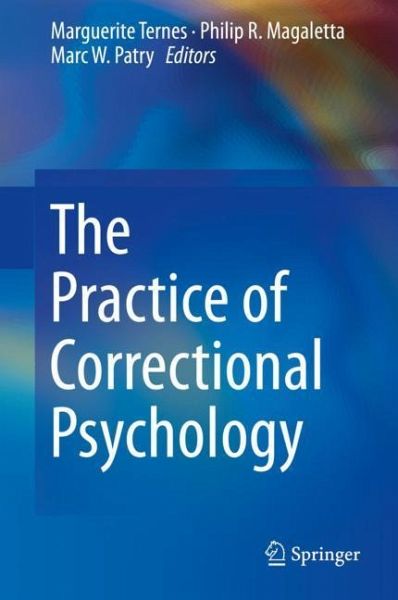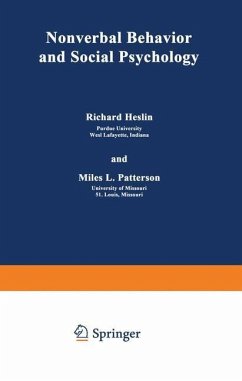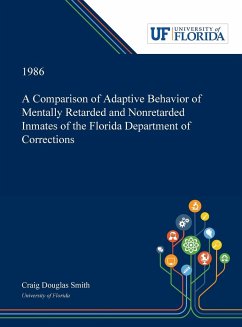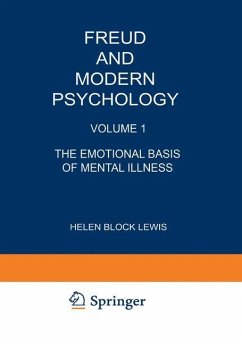
The Practice of Correctional Psychology

PAYBACK Punkte
57 °P sammeln!
This highly accessible volume tours the competencies and challenges relating to contemporary mental health service delivery in correctional settings. Balancing the general and specific knowledge needed for conducting effective therapy in jails and prisons, leading experts present eclectic theoretical models, current statistics, diagnostic information, and frontline wisdom. Evidence-based practices are detailed for mental health assessment, treatment, and management of inmates, including specialized populations (women, youth) and offenders with specific pathologies (sexual offenders, psychopath...
This highly accessible volume tours the competencies and challenges relating to contemporary mental health service delivery in correctional settings. Balancing the general and specific knowledge needed for conducting effective therapy in jails and prisons, leading experts present eclectic theoretical models, current statistics, diagnostic information, and frontline wisdom. Evidence-based practices are detailed for mental health assessment, treatment, and management of inmates, including specialized populations (women, youth) and offenders with specific pathologies (sexual offenders, psychopaths). And readers are reminded that correctional psychology is in an evolutionary state, adapting to the diverse needs of populations and practitioners in the context of reducing further offending.
Included in the coverage:
· Assessing and treating offenders with mental illness.
· Substance use disorders in correctional populations.
· Assessing and treating offenders with intellectual disabilities.
· Assessing and treating those who have committed sexual offenses.
· Self-harm/suicidality in corrections.
· Correctional staff: The issue of job stress.
The Practice of Correctional Psychology will be of major interest to psychologists, social workers, and master's level clinicians and students who work in correctional institutions and settings with offenders on parole or probation, as well as other professionals within the correctional system who work directly with offenders, such as probation officers, parole officers, program officers, and corrections officers.
Included in the coverage:
· Assessing and treating offenders with mental illness.
· Substance use disorders in correctional populations.
· Assessing and treating offenders with intellectual disabilities.
· Assessing and treating those who have committed sexual offenses.
· Self-harm/suicidality in corrections.
· Correctional staff: The issue of job stress.
The Practice of Correctional Psychology will be of major interest to psychologists, social workers, and master's level clinicians and students who work in correctional institutions and settings with offenders on parole or probation, as well as other professionals within the correctional system who work directly with offenders, such as probation officers, parole officers, program officers, and corrections officers.














